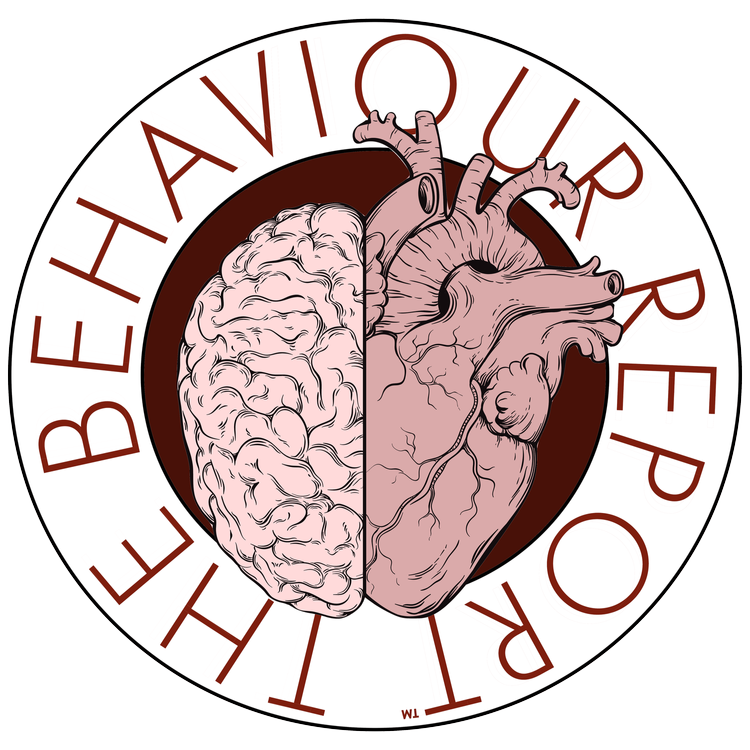Dan Gregory @DanGregoryCo
We’re often told to play to our strengths and to play down our weaknesses or else outsource them to other people. Not only can this be counter-productive to lifting our personal performance (as our weaknesses actually offer the most upside for improvement), it can also cause us to miss the opportunities for thought leadership and building our personal brand that are hiding in our weaknesses.
One of the reasons for this is that our strengths are usually category generic. In a room filled with carpenters, a strength such as being good with a hammer is essentially worthless. When everyone can swing a hammer… so what?
However, our foibles and failures are more likely to be unique to us as individuals and, used properly, can help us stand out from the crowd and even become an asset.
A chef who’s weakness is that they are rude, impatient and abrupt (think of Seinfeld’s “Soup Nazi”) might traditionally be thought of destined for failure. However, when that weakness becomes amplified, it becomes part of the theatre of visiting that restaurant, cafe or cart and people start to bring their friends for the spectacle.
When John Symond launched Aussie Home Loans, he didn’t look (or sound) like the head of a banking corporation. But it was his folksy, unpolished delivery that made him seem like “one of us” and helped him build a trusted personal brand and a business that took on the big end of town.
A car that was considered “ugly” and small when it launched might just become a global icon, as was the case with Volkswagen. A newspaper ad for the Beetle in 1969 depicted a photo of The Eagle lunar landing vehicle with the headline, “It’s ugly, but it gets you there!”
So why should we own our weaknesses?
The truth is, even though we think we conceal our weaknesses, they usually pretty obvious to all. If you doubt this, ask a group of colleages and judiciously honest friends to help you identify your weaknesses - you’ll be amazed and a little shocked by the consistency of the responses you receive.
Owning your weakness also builds trust. If you’re not only aware of your weaknesses but also disarmingly honest about them, you establish a reputation for being someone who has nothing to hide.
Additionally, owning your weakness rings with authenticity, confidence and comfort in your own skin. A famous maxim posits that, “When you tell the truth, you don’t have to work so hard.”
So how might we turn a weakness into a personal brand and thought leadership?
Firstly, consider how your weakness might actually be an asset.
Impatience might make you proactive, thoughfulness can make you strategic, being young could allow you to be unjaded and open-minded where as advancing years provide wisdom and experience. In other words, no weakness (or strength for that matter) is singulalry bad or good. So look for where your weakness might be useful.
Secondly, explore how amplifying your weakness might make you distinctive. A friend of ours, Jeffrey Hayzlett, is a “business cowboy” who is a mix of New York City and South Dakota. When he walks on stage in foreign cities he kicks off by admitting to what might seem to many to be a weakness, “So a lot of you are looking at me and thinking, ‘Great! Another loud American.’ I am not going to disappoint you!” And, he doesn’t.
Lastly, look for where your weaknesses align with the deepest fears of your customers, clients, staff and communities. The more the unconscious is made conscious, the more fears are brought out into the light, the less frightening they become. Certainly, ignoring them doesn’t make them go away.
Of course, you may not immediately find the opportunity hidded in your weakness, but don’t worry, you absolutely have more than one to experiment with.
